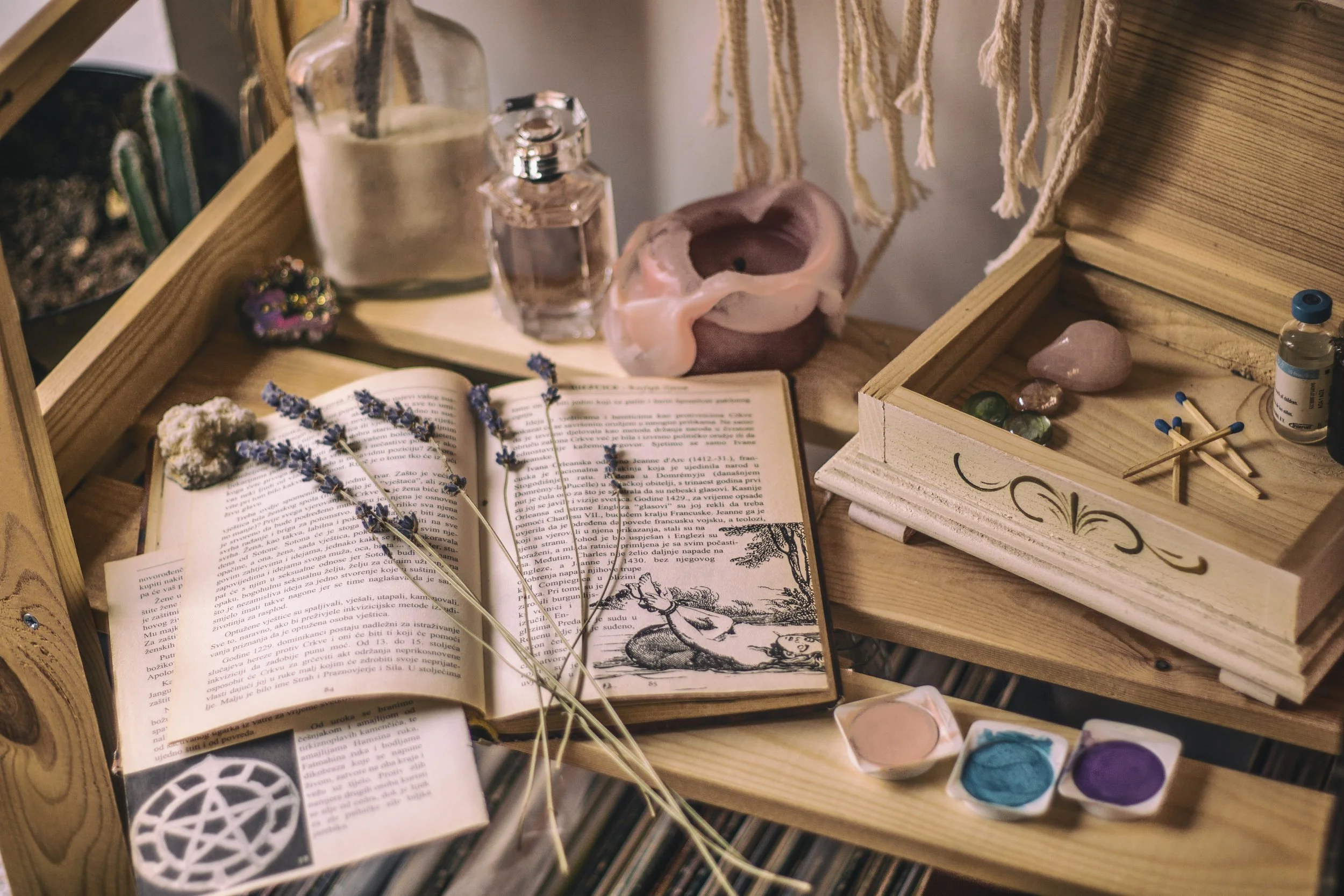My journey with self-therapy
By Talia Bina
As young individuals, we have always been told to reach out to a therapist or professional when we need some support. While it seems simple and self-explanatory as to why, it’s not always black and white. Therapy is costly and rarely covered by insurance, scheduling is often difficult and finding the right therapist is a process wholly in itself. And while friends or family members sometimes serve as a temporary therapist, we can’t always be completely open and honest with them.
The only person we will truly have and trust forever is ourselves. We know ourselves better than we think we do — we are the ones enduring the feelings, thoughts and experiences that life brings about. And, so while it may seem far-fetched to use yourself as a therapist, it can be beneficial, if done correctly.
As a woman of color, I was hesitant to ask my parents to see a therapist because mental health isn’t widely spoken about in my culture and family. However, when the opportunity presented itself, I took it. At that young age, I didn’t know that finding a therapist was a process. I stuck with the first one and, while she was helpful in the beginning, she soon became a toxic individual in my life. I felt judged. I felt hurt and angry and dreaded stepping into that office where she sat with her phone in her lap, shoveling pretzels into her mouth and laughing at my misfortunes. She didn’t understand my culture or background and she surely didn’t understand me.
After three years of the dreadful cycle of leaving her office, sinking to an extremely low point, returning to the same woman and hating therapy again, I finally stopped for good. I believed that no one would ever understand me, and that only I could help myself. And I did.
What is self-therapy?
Self-therapy is being your own therapist. It is recognizing your needs and learning to provide for them.
Self-therapy isn’t easy. Often, it takes even more effort than seeking therapy from a professional. There will be times where you will need to prioritize your therapy before an exam or a friend in need or even cultural expectations. But once you learn to manage and balance them, a more natural equilibrium will present itself.
Self-therapy doesn’t mean therapizing everything at the same time. Self-improvement doesn’t mean improving every aspect of yourself simultaneously. Focusing on one mental exercise, one physical exercise, and one educational exercise will help you ease into the process. For example, you may choose to journal, practice yoga twice a week and focus on examining your childhood experiences. While the learning aspect will continue to change over time, the physical and mental exercises should remain as consistent as possible, training your body to get used to self-care as a routine part of life.
How I started self-therapy
The first and most important step in my journey of self-therapy was educating myself. It definitely helped that I had a vast interest in psychology, but everything I learned in this process helped me find my passion and love for health. At every chance I got, I was learning something new about psychology. That doesn’t mean Freud’s obsession with incest was relevant — it means that understanding the body’s functions, reactions, disorders and processes was. While attachment isn’t always the most important factor of relationships, as often implied, it’s something to consider and analyze.
When beginning the process of self-therapy, the intention shouldn’t be to diagnose, it should be to understand and analyze. It’s about putting words to your experiences so that you can understand the building blocks to therapy. Try to expand your knowledge in every aspect that seems tangible.
Start by focusing on external overarching concepts such as childhood/parenting, friendships/relationships, culture and family dynamic, religion, school and career and the internal overarching concepts that result from those external factors, such as thoughts, feelings, reactions, physical experiences.
For example, when considering your childhood, you may remember that you often isolated yourself on the playground, got yelled at a lot and always felt like you were walking on eggshells around friends and were a people pleaser. You may recall that you often felt scared to talk to people and dreaded being called on in class, didn’t finish your lunch, was afraid of being judged and had to follow rules and regulations that your parents enforced without explanation.
Examining these may help you see connections — the isolation, fear of interaction and judgment, refusal to eat lunch and people pleasing may indicate anxiety that existed even in childhood, meaning it stemmed from something that occurred as a young child. As a result, that anxiety could have presented itself in your present relationships, career and more. Understanding these patterns could help you find ways to manage them.
Your goal is to learn about yourself. Journaling is one of the best ways to keep track of thoughts, reactions and experiences. Apps such as stoic. can help you regulate your emotions and understand the way your mind thinks and unconsciously reacts. Self-therapy books and psychology books may be helpful in guiding you and teaching you about the different aspects of self and environment that exist.
Self-therapy doesn’t mean alone
Before beginning self-therapy, it’s important to recognize that “self” doesn’t mean “alone.” Even within your self-therapy journey, you are allowed to reach out for help and keep a support system near you (and should). Self-therapy can often become mentally and physically draining, and finding ways to make it easier in any (healthy) way is encouraged. Additionally, self-therapy isn’t a fix-all-be-all. Even through self-therapy, you may realize that medication management or other forms of therapy may be beneficial, and some of those cannot be done through self-therapy (please don’t try to self-medicate).
As discussed in the well-known nature versus nurture debate, both your genetic and biological makeup and the environment you engross yourself in impact your health. Since there is sometimes less control over the nature aspect, placing yourself in environments that are positive can be helpful, too.
After years of self-therapy, I saw a psychiatrist to manage the biological aspects that I couldn’t fix myself. Self-therapy is an effortful, long process, though it can be extremely rewarding in the end, and in my opinion, it’s completely worth it.







